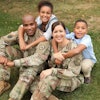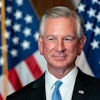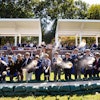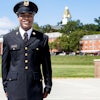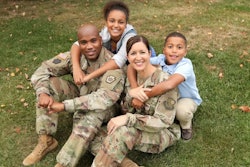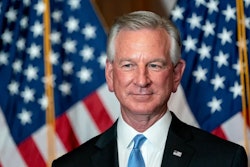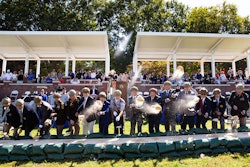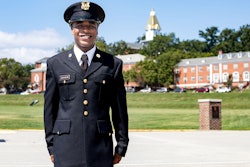Thousands of historians, public school teachers and others committed to learning about the role of African-Americans in times of war will gather at the 103rd Annual Meeting and Conference of the Association for the Study of African American Life and History (ASALH) in Indianapolis next month. 
Commemorating the centennial of the end of “The Great War,” the conference will explore the paradoxes of war and the Black liberation struggle for freedom and equality abroad and at home in America.
“We look at war in the United States as a way to say, ‘What does it mean to love your country, and yet, have unrequited love returned?’ or ‘What does it mean to love your country and proudly wear the uniform of your country?’” said Dr. Evelyn Brooks Higginbotham, president of ASALH and the Victor S. Thomas Professor and chair of History and African and African-American Studies at Harvard University.
Recalling instances of Black soldiers fighting in the Revolutionary War, the Civil War and the World Wars to make “the world safe for democracy” throughout the nation’s history, Higginbotham noted that Black soldiers came to realize that “America isn’t safe for democracy and they certainly aren’t safe in America.”
The conference will dive into the paradoxes of Black soldiers, veterans and civilians’ experiences in wartime with plenary sessions, an African-American Heritage Bus Tour, a film festival, luncheons and a banquet featuring historic oral archive interviews with former Black military members. This year’s honorary conference chair is Brigadier General Wayne Black, Assistant Adjutant General of the Army, Indiana National Guard.
Thursday’s luncheon is a “Salute to Veterans” where the Vietnam War Commemoration will pin veterans who served from 1955 to 1980. Judge Robert L. Wilkins will speak about the history of establishing the National Museum of African-American History and Culture.
The Carter G. Woodson Luncheon on Friday will include a conversation between Drs. Ibram X. Kendi and Heather Ann Thompson, scholars writing on race in America and the crisis of mass incarceration.
